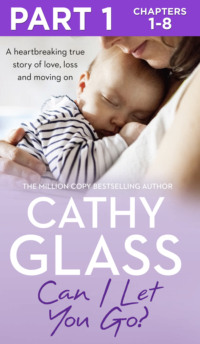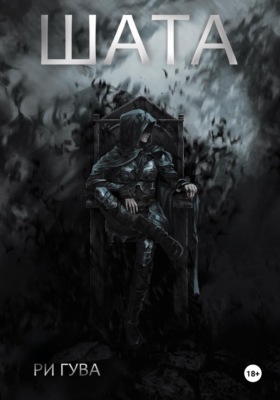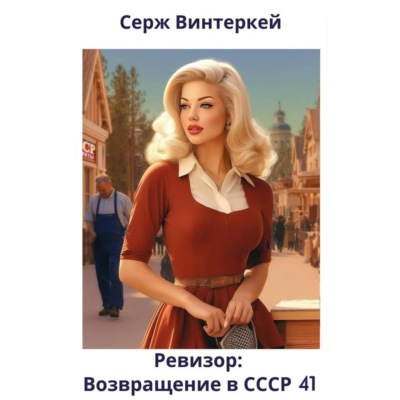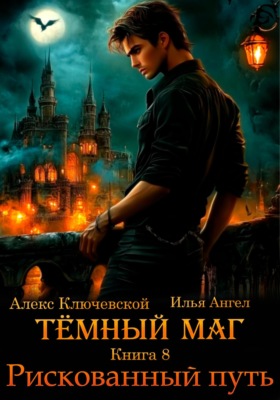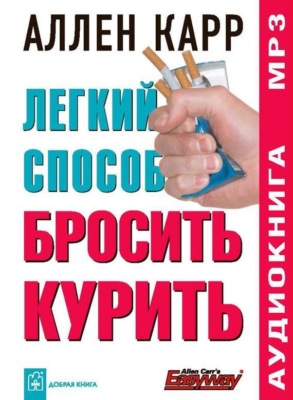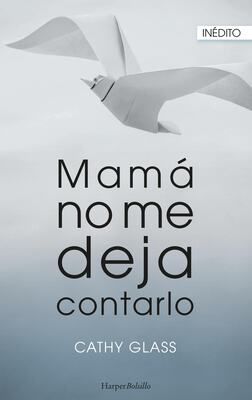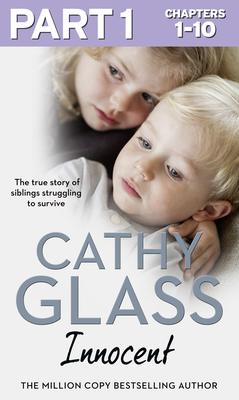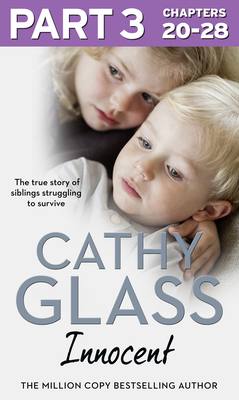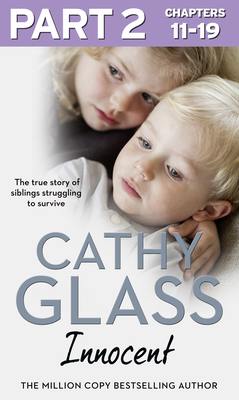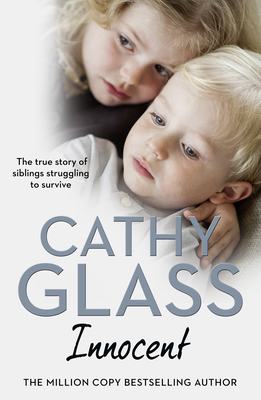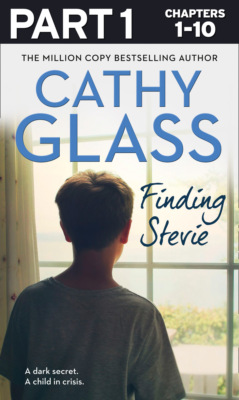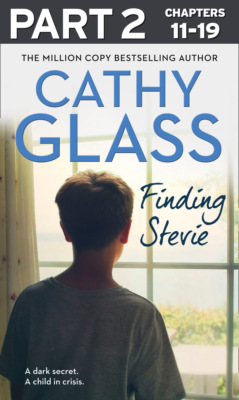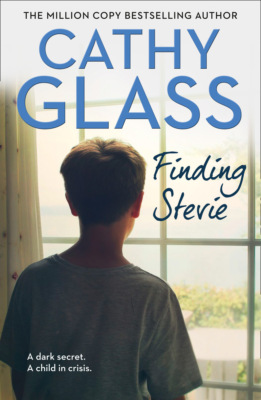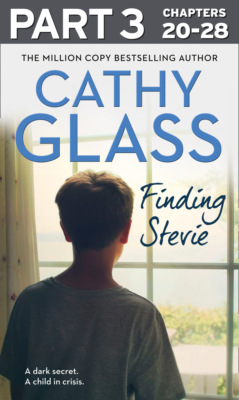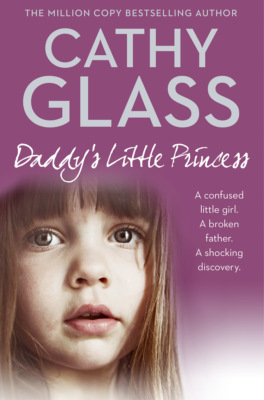Loe raamatut: «Can I Let You Go?: Part 1 of 3: A heartbreaking true story of love, loss and moving on»

Copyright
Certain details in this story, including names, places and dates, have been changed to protect the children.
HarperElement
An imprint of HarperCollinsPublishers
1 London Bridge Street
London SE1 9GF
First published by HarperElement 2016
FIRST EDITION
© Cathy Glass 2016
A catalogue record of this book is
available from the British Library
Cover layout design © HarperCollinsPublishers Ltd 2016
Cover photograph © plainpicture/Westend61/Valentina Barreto (posed by models)
Cathy Glass asserts the moral right to be
identified as the author of this work
All rights reserved under International and Pan-American Copyright Conventions. By payment of the required fees, you have been granted the nonexclusive, non-transferable right to access and read the text of this e-book on screen. No part of this text may be reproduced, transmitted, downloaded, decompiled, reverse engineered, or stored in or introduced into any information storage retrieval system, in any form or by any means, whether electronic or mechanical, now known or hereinafter invented, without the express written permission of HarperCollins e-books.
Find out about HarperCollins and the environment at
Source ISBN: 9780008153748
Ebook Edition © August 2016 ISBN: 9780008156626
Version: 2016-07-25
Contents
Cover
Title Page
Copyright
Acknowledgements
Dedication
Chapter One: Hope for the Future?
Chapter Two: Faye and Snuggles
Chapter Three: Not Stupid
Chapter Four: In Denial
Chapter Five: Best Outcome
Chapter Six: Vulnerable
Chapter Seven: Compromise
Chapter Eight: Don’t Want to Hurt Them
Moving Memoirs eNewsletter
About the Publisher
Acknowledgements
A big thank you to my family; my editors, Carolyn and Holly; my literary agent, Andrew; my UK publishers HarperCollins, and my overseas publishers who are now too numerous to list by name. Last, but definitely not least, a big thank you to my readers for your unfailing support and kind words. They are much appreciated.
Dedication
To Faye.
I’m a better person for knowing you.
Chapter One
Hope for the Future?
‘Are you sure you are going to be all right alone tonight?’ I asked Mum again.
‘Yes, love. Don’t you worry about me,’ she replied, putting on a brave face. ‘Phone to let me know you are home safely.’
‘I will,’ I said. But I didn’t move. My children, Adrian, Lucy and Paula, were standing beside me, their expressions sad and serious as they shared my concerns. We were standing in the front porch of Mum’s house, trying to say goodbye, but it was very difficult. We were the last to go and would be leaving her alone.
‘I could stay with you tonight, Nana,’ Paula offered as she had done before, indeed as we all had.
‘No, thank you, love,’ Mum said. ‘That’s kind of you, but I’ll have to get used to being by myself. I’ll see you all again soon. Now off you go home. It’s been a long day for us all. I’ll watch a bit of television and then after you’ve phoned I’ll have an early night.’
None of us looked convinced, but clearly Mum wasn’t going to change her mind about one of us staying, and we had to respect her decision.
‘We’ll phone as soon as we’re home,’ I said. I kissed and hugged her again and then stepped out of the porch so that Adrian, Lucy and Paula could hug and kiss her goodbye too.
It was a dark night with no moon, but the porch lamp cast a little oasis of light over our departing group. The air was cool, it was late September, but at least it had stayed dry all day, for certainly heavy rain and dark storm clouds would have added to our gloom and misery. I took the few steps to my car parked on the drive and unlocked the doors, but I didn’t get in. I stood beside the car, watching Mum until my children had finished saying their goodbyes and had come over to join me. I still call them children, although they were young adults now: Adrian, twenty-two, Lucy, twenty and Paula, eighteen.
‘Don’t forget to lock the front door,’ I called to Mum. I’d already checked the back doors.
‘I won’t, dear, don’t you worry about me.’
I gave a small nod and the children and I climbed into the car and lowered our windows ready to wave as we departed. I started the engine and then slowly reversed off the drive as Mum stood in the porch waving and we waved back. How many times had we done this? I couldn’t begin to guess, for we saw my parents often, usually with the children we fostered. Mum and Dad would stand side by side in the porch, waving and smiling and already looking forward to our next visit, as we did theirs. But now our departure was restrained and a little muted, for it was just Mum seeing us off, bravely. And it would only ever be Mum in the future, for sadly my dear dad had died suddenly three weeks before, and today had been his funeral.
Once we were out of sight of the house we wound up our windows and I drove steadily and in silence towards our home. The children were silent too. Each of us deep in thought, doubtless thinking of the good, kind man who was no longer with us and the huge gap his passing had left in our lives. Although my father had been in his eighties he’d been in fine health, so it had come as a terrible shock when my brother telephoned my mobile to say he had died. Completely unexpected and a huge loss. The end had been very quick, if that was any consolation. His heart just stopped. He went into his garden to do some weeding and Mum looked through the window and saw him sitting on the damp grass, which she thought odd. She went out and he said her name once and then lay down on his side and closed his eyes, and that was it. She ran indoors, telephoned for an ambulance and then covered him with a blanket to keep him warm. She sat beside him holding his hand and talking to him, while knowing in her heart of hearts that he had probably already passed. When the ambulance arrived there was nothing they could do. He’d died of a massive heart attack.
‘I hope he could hear me tell him how much I loved him,’ Mum had said to me.
‘He knew,’ I told her.
‘At least he didn’t suffer,’ Mum said, grasping at this small platitude to try to ease her pain.
‘Yes,’ I agreed. Although it hadn’t helped much in the early days when our grief had been raw.
Dad was well respected in their village, and at his funeral the church had been full of mourners wanting to say their last goodbyes. A loving husband and a devoted father and grandfather, the reverend who’d led the service had said. He’d known Dad personally. My brother and Adrian had read out tributes too, touching and personal.
‘Will Nana be all right by herself?’ Lucy said from the back seat, breaking into my thoughts.
‘Yes, love. I’ll phone her as soon as we get home.’
‘Why didn’t she want us to stay with her tonight?’ Paula asked.
‘I think she needs time alone to reflect on today,’ I said. ‘And to start to come to terms with the future.’
‘I told her to make a list of anything she needs doing and I’d see to it,’ Adrian said quietly from the passenger seat. ‘You know, the stuff Grandpa used to do.’
‘Thanks, love,’ I said, glancing at him. ‘That was kind. I’m sure she appreciated that.’ I couldn’t have wished for more thoughtful children.
I’d stayed with Mum in the week straight after my father’s death, when my brother and I had gone through their address book and notified people of Dad’s passing and made the funeral arrangements. Then he and I had taken it in turns to stay with Mum, but now I could understand her wish to be alone. The time between a loved one passing and the funeral is a strange and difficult one; normal life is suspended, as you’re caught in a limbo of grief and uncertainty. The funeral is supposed to give some closure, and I supposed it had to some degree. But my parents had been married for fifty-eight years and had known each other for longer. They’d been teenage sweethearts and had spent a lifetime together. While Mum was a very positive person, I knew that it would take all her inner strength and resourcefulness to find a way forward in life without Dad. I thought that her insisting on being alone tonight was that first step.
I was aware that I had voice messages on my mobile; I’d checked my phone briefly at Mum’s, and I’d recognized one of the numbers as that of the local authority fostering services that I fostered for. However, I didn’t listen to my messages until later that night, after we were home and I had telephoned Mum. We were all upstairs, exhausted, and taking turns in the bathroom to get ready for bed. It was eleven o’clock and as I waited for my turn I perched on my bed and checked the texts and voicemails. Most were from friends saying they were thinking of us on this sad day and wishing me and my family well. The last was from Edith, my support social worker from the fostering services, also known as a supervising social worker or link worker. I’d been going to foster a young boy just before Dad had died, but I’d never met him. This was just after Zeena (whose story I tell in The Child Bride) had left us, but I doubted Edith’s call was about that boy, as the social services would have found another carer to look after him when I’d become unavailable. I hadn’t taken many breaks during the twenty-five years I’d been fostering: when my husband had left us many years before, and now with my father’s passing. I’d told the fostering services that I’d be in touch after the funeral when I was ready to start fostering again, but clearly Edith had something urgent to tell me.
‘Cathy, I know you’re on compassionate leave,’ Edith’s message began, ‘but I’ve had a referral from a colleague. It’s not your normal placement, but I think it would suit you and your family. Adult social services are looking for a short-term home for a young lady who is expecting. She’s a lovely person and won’t give you any trouble. It would just be for three months until she has her baby. Could you phone me please as soon as you can so we can discuss?’
Whether Edith had remembered that today had been my father’s funeral I didn’t know – perhaps not, given everything she must have had on her mind. But I was pleased she had telephoned with this referral and my spirits rose a little. I love fostering, it’s a huge part of my life, but I doubt I could have coped with a young child with very challenging behaviour at that time. Supporting a mother-to-be until she’d had her baby and then presumably seeing them both settled in their own accommodation could be just what we needed. A new baby, a new life, is uplifting and full of hope, and on a practical level a young woman wouldn’t need the constant supervision a young child would. Also, there would be no school run, which would leave me free to go to see Mum without having to put arrangements in place to collect the child from school. It felt right, and when I mentioned it to Adrian, Lucy and Paula before I went to bed they all said they thought it was a good idea too. Fostering is a whole family affair, so everyone’s view is important and needs to be taken into consideration.
I slept well – I was shattered – and the following morning, after I’d telephoned Mum to make sure she was all right, I phoned the social services.
‘Sorry I couldn’t return your call yesterday,’ I said to Edith. ‘It was my father’s funeral.’ Mentioning my father’s death or funeral was becoming slightly easier and I wasn’t tearing up so much.
‘How did it go?’ she asked.
‘Very well, thank you, but we weren’t home until late.’
Tasuta katkend on lõppenud.
